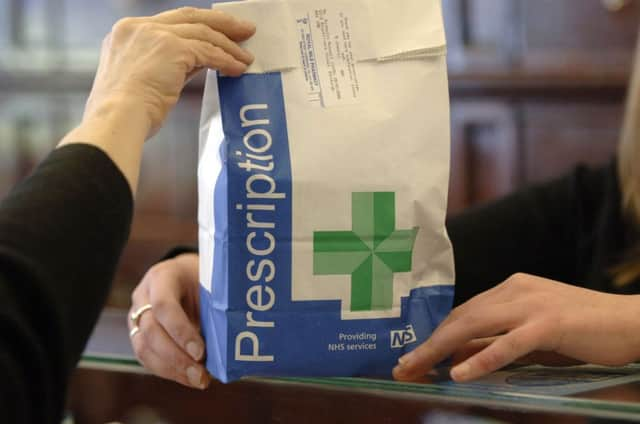Scotland leads the world in patient care


I am proud to say that the community pharmacy contract in Scotland is often seen as world leading in terms of the development of care services for NHS patients. Over the past ten years many pharmacy colleagues from other countries have envied schemes like the national minor ailments service, smoking cessation service or chronic medication service. It is surprising that when it comes to the development of an NHS influenza immunisation administration scheme, Scotland lags behind England and Wales.
Influenza can have serious implications. Those who are over 65, have certain long term-health conditions or are pregnant are more at risk of serious complications resulting from contracting the virus. The population at large also benefits from high vaccination rates from what is known as “herd immunity”. The more people who are vaccinated the less risk of the infection spreading. Community Pharmacy already successfully vaccinates many patients privately but the potential to help thousand more is not be utilised through the lack of an NHS service.
Advertisement
Hide AdAdvertisement
Hide AdThe NHS in Scotland has for the past 6 years achieved the World Health Organisation target of vaccinating 75 per cent of those aged over 65. The current programme consistently fails to achieve the 75 per cent vaccination target for patients who are “at risk” from further complications. In fact the percentage vaccinated for this group of patients has now fallen to 57.5 per cent, declining from the previous year. In addition to this less than half of all pregnant women attend for a flu vaccine.
The figures illustrate there is room for improvement in this area. NHS Scotland is not alone in missing the World Health Organisations target. England and Wales have similar issues but the have been proactive in finding a solution. Many local commissioning groups in England have utilised the access offered by an NHS flu vaccine administration service. In London 73,000 patients chose to use community pharmacy. In Sheffield where the scheme was open to “at risk” patients only, 20 per cent of those accessing the vaccine were doing so for the first time. The study in Sheffield also showed that pharmacy programme had no effect on GP appointment uptake so those utilising the pharmacy may have freed up GP time to treat new patients. The success of these schemes has not gone unnoticed in Wales. For the first time, the Welsh Assembly has contracted for a national community pharmacy flu vaccine administration service. The evaluation of this will be interesting but it is likely to show similar success to the examples in England.
So why has the Scottish Government not followed the example of other home nations? We know the long opening hours and lack of need for an appointment encourage many patients to use their community pharmacy as the first port of call when accessing healthcare. The NHS (Scotland) Act 1978 states that the government can only make arrangements with medical practitioners to provide vaccination services. This is a unique arrangement in the United Kingdom. Unfortunately it appears that a part of this legislation which is no longer fit for purpose is impeding NHS Scotland in achieving a key World Health Organisation target. Scotland has an extensive pharmacy network with many of the workforce already trained, prevented from supporting a key health policy.
I hope in the next parliament there is the political will to tackle the problem and amend this legislation. The opportunity to vaccinate more of our population will not only benefit those who receive an injection. Society as a whole stands to benefit from not only population protection through less risk of the virus spreading but cost efficiencies to the NHS through less hospitalisation and ill health. Until then I shall monitor and admire the services offered by my colleagues south of the Border. It’s not a situation I’m used to being in.
• Harry McQuillan is chief executive of Community Pharmacy Scotland www.communitypharmacyscotland.org.uk
SEE ALSO